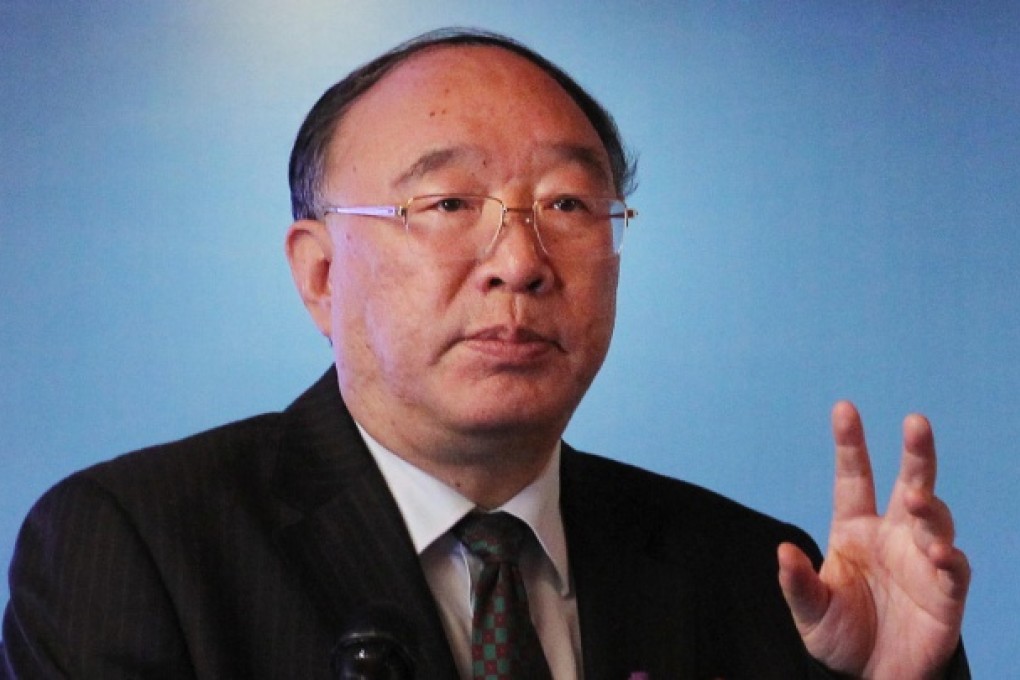Power struggle in Beijing leaves CIC leaderless
Empty chair in sovereign wealth fund's corner office worries investment industry observers and casts shadow over economic reform plans

China's US$480 billion sovereign wealth fund may well have to wait a few more months before it gets its new chairman, thanks to a power struggle in Beijing.
The chairman's office at China Investment Corp (CIC) has been empty for about three months since former chairman Lou Jiwei , who helped establish CIC in 2007, was promoted to become finance minister as part of the Communist Party's once-a-decade leadership transition earlier this year.
During that changeover, Beijing's other top finance jobs - heading up the central bank, China Development Bank and the mainland's "big four" state-owned lenders - were all filled.
CIC was the notable exception, and the picture remains unclear, despite some names being tipped in media including China Securities Journal, a publication run by Xinhua that officially announces top appointments.
Potential candidates have so far included Jiang Jianqing , chairman of Industrial and Commercial Bank of China the world's biggest bank by market value, and Huang Qifan , the mayor of Chongqing, who vowed to support Beijing's move against his then-boss Bo Xilai .